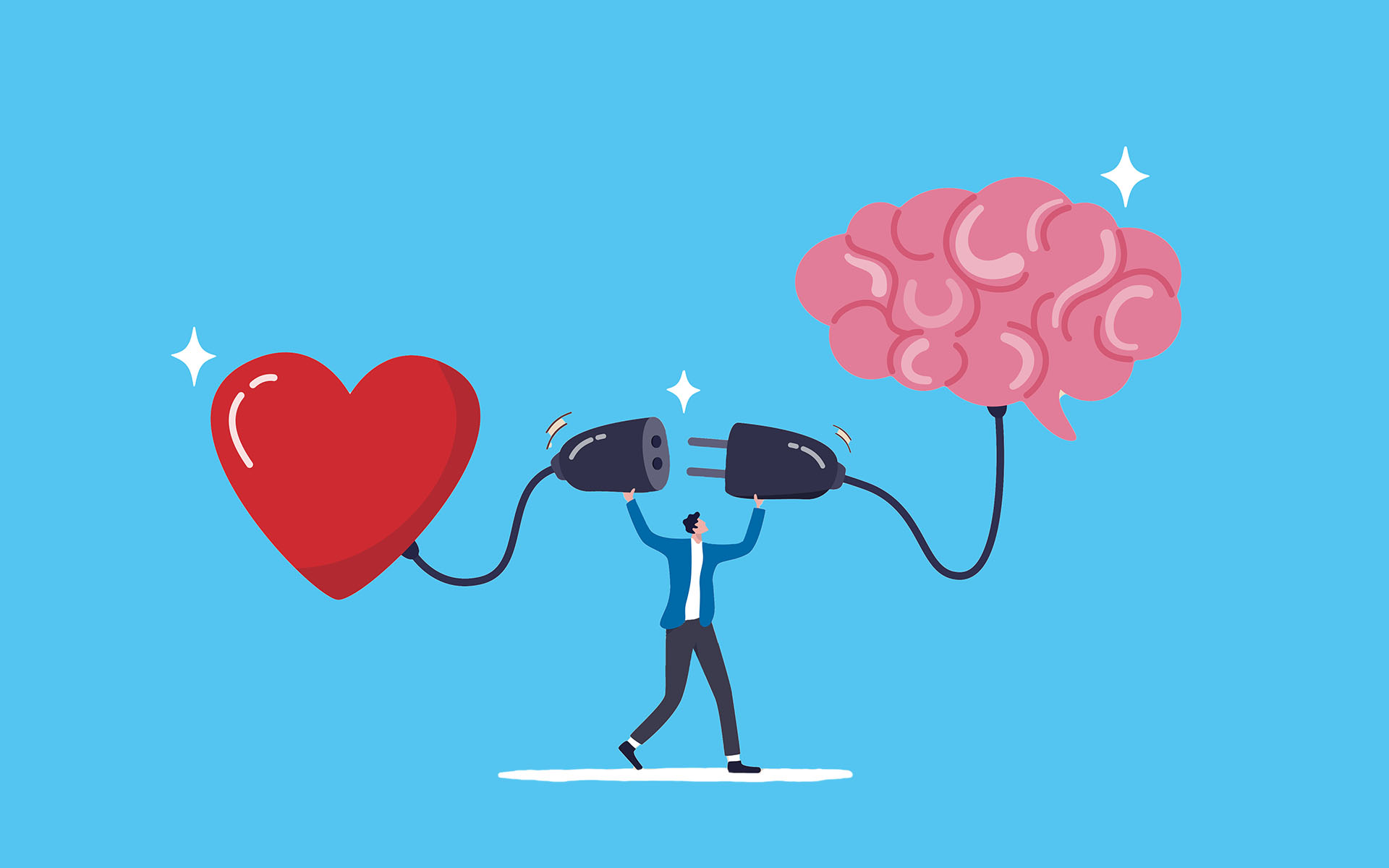If you asked Jason, a lighting designer at a high-end architecture firm, whether his emotions impact his work, he’d laugh. He’d tell you that what matters is his ability to turn a client’s vision for their office building into a design that is practical and aesthetically pleasing. His feelings have nothing to do with it.
Ask Jason’s coworkers and you’ll hear a different story. They’ll tell you that his work with clients and coworkers is inconsistent. If he’s in a good mood, all goes well. But when he is angry or frustrated, his interactions suffer. He doesn’t listen well and he shows contempt for the client’s suggestions. Inevitably, clients reject his initial designs because he didn’t accurately incorporate their wishes. And, his coworkers know to avoid him when he is in a bad mood.
Clearly, the designer’s failure to identify his feelings and how they influence his behavior hurts his work performance. What he lacks is emotional self-awareness.
What is Emotional Self-Awareness?
Emotional self-awareness is the ability to recognize and understand your emotions and how they impact your behavior. You know how you feel and why you feel that way. And, you can see how your feelings help or hurt what you do. You also have an accurate sense of how other people see you. Emotional self-awareness is different than cognitive self-awareness which focuses on your thoughts and ideas rather than your feelings.
Emotional self-awareness is one of twelve competencies (learned and learnable skills) in my model of emotional intelligence. Jason isn’t emotionally self-aware now, but he could develop that awareness. Emotional intelligence also includes competencies related to managing your emotions, awareness of others, and managing relationships.
Why Does Emotional Self-Awareness Matter?
This designer’s situation shows that without being able to recognize your feelings, you can’t control them. Lack of such awareness also gets in the way of sensing the emotions of others, of empathy. It’s hard to maintain a positive outlook or influence others if you don’t know how you feel. According to research from Cornell University, a high level of skill with the Emotional Self-Awareness competency predicts your overall success at work. Research done by Korn Ferry Hay Group found that 92% of leaders skilled at the Emotional Self-Awareness competency had high energy and high performance teams. In contrast, leaders with low self-awareness created negative climates at work.
You Can Develop Emotional Self-Awareness
Recognizing your feelings and their influence on your actions is a skill you can develop just like you can build your swimming or tennis technique. And, as with different levels of those activities, noticing your feelings isn’t something you do once and then have forever. It is something that takes attention and practice to develop, and then daily attention to maintain, just like mindfulness.
A key tool for building self-awareness is tuning in to your body. When you’re terrified or furious, your heart pounds at a much faster rate than when you’re calm. You might break out into a light sweat or breathe more rapidly. Or your shoulder muscles may tighten.
Noticing your feelings and their influence on your actions takes attention and practice to develop, and then daily attention to maintain, just like mindfulness.
My colleague Richard Davidson from the University of Wisconsin’s Center for Healthy Minds explains that we each have a map of our body in our brains. The part of our brain called the insula has specific cells that relate to different organs in our body. Groups of cells in the insula are tuned into our heart, lungs, and other organs. Neuroscientists call our capacity for sensing our heart rate, muscle tension, and other bodily signals interoception. The insula passes along signals from our body to areas of our brain that decide the importance of those signals and what to do with the information.
Try This Guided Meditation
Part of practicing mindfulness meditation is being aware of your breath in the moment. You can use a body scan to strengthen your ability to notice changes in your breath and other parts of your body that accompany emotions. Try this body scan practice:
Try this exercise when you’re not feeling any strong emotions. Notice the different sensations you feel. Then, watch a scary movie or a real tear-jerker. Stop the film just after a frightening or sad section and try the body scan again. What differences do you notice in your breath, muscle tension, and heart rate between the scan you did when you were calm and the scan you did after an emotionally arousing scene in the film? At the end of a stressful day at work, before you head home, take a few minutes to scan your body. Do you notice any of the same physical signals that were present when you scanned your body after the film?
Daniel Goleman has a series of primers on emotional self-awareness and other emotional intelligence competencies. The series begins with a Primer on Emotional Self-Awareness.
This article was originally published March 30, 2017.







